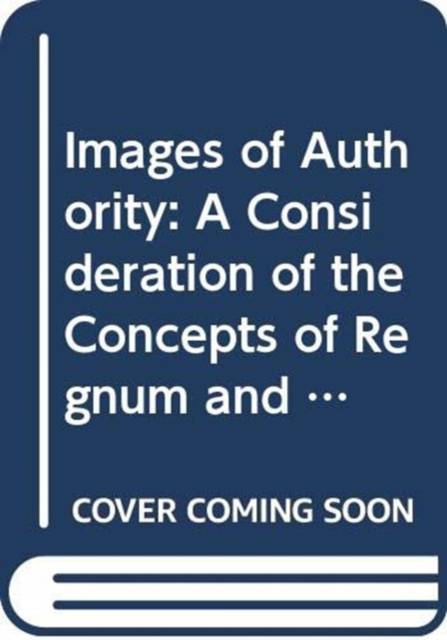
- Retrait gratuit dans votre magasin Club
- 7.000.000 titres dans notre catalogue
- Payer en toute sécurité
- Toujours un magasin près de chez vous
- Retrait gratuit dans votre magasin Club
- 7.000.0000 titres dans notre catalogue
- Payer en toute sécurité
- Toujours un magasin près de chez vous
Description
Starting from the premise that supreme authority requires justification, and pointing out that from medieval times the authority of both Church and State has been deemed as delegated from God, Mr. Cameron investigates the relation between secular and religious authority and the role of the individual moral agent.
If the highest authority derives from God, how are we to evaluate the claims of popes, kings, and the State? The individual, through witness of the Spirit and his own moral perceptions, has the right and obligation to evaluate the institutions and commands of authority; Mr. Cameron finds validity in use of the concept of "nature" as a moral criterion. Moral precepts are not, he argues, simply a matter of convention. It makes neither logical nor moral sense to set up a system that condones, for example, lying and murder, and he points to the Nuremberg trials as an illustration of the belief that man may not justify his wrongdoing as obedience to the State. In his final chapter, the author examines parochial education. As a philosopher and Catholic layman, he approves of the increasing secularization of social life. Separate schooling, an idea totally foreign to the early Church, is not in principle a Catholic requirement. Terry Lectures.
Mr. Cameron hold the Chair of Philosophy and is head of the Department at the University of Leeds.
Spécifications
Parties prenantes
- Auteur(s) :
- Editeur:
Contenu
- Nombre de pages :
- 97
- Langue:
- Anglais
- Collection :
Caractéristiques
- EAN:
- 9780300135800
- Date de parution :
- 10-09-66
- Format:
- Livre relié
- Format numérique:
- Genaaid
- Dimensions :
- 140 mm x 216 mm
- Poids :
- 258 g

Les avis
Nous publions uniquement les avis qui respectent les conditions requises. Consultez nos conditions pour les avis.






